Ecosystems: Interactions, Energy, and Dynamics
-
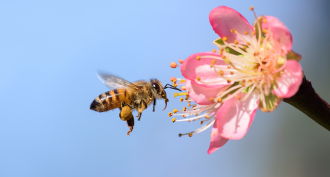 Animals
AnimalsPopular pesticide may harm bee flight
In a lab experiment, honeybees flew sluggishly after eating pesticide-tainted food.
-
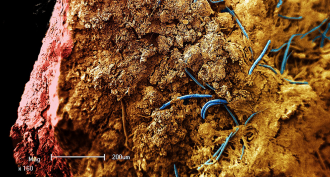 Microbes
MicrobesWorld’s deepest zoo harbors clues to extraterrestrial life
Scientists have found a wide range of life deep below Earth’s surface. The discoveries could help inform our search for life on other planets.
-
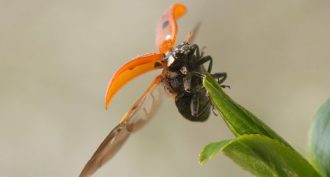 Animals
AnimalsAnalyze This: A massive annual insect migration
A study of seasonal insect migration gave some surprising results.
-
 Animals
AnimalsScientists Say: Extremophile
Some species can survive high heat, freezing cold or other extreme environments. Scientists call these organisms extremophiles.
-
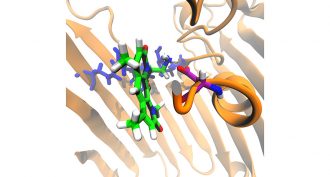 Chemistry
ChemistryNew rules point scientists toward next-gen germ-killers
Shape and other features help germ-killing drugs make it through barriers to enter bacteria. Knowing how they do this could lead to more and better better antibiotics.
-
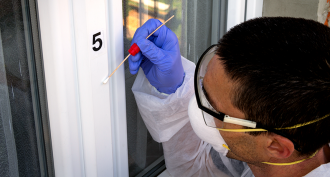 Science & Society
Science & SocietyCool Jobs: New tools to solve crimes
Future investigators may identify criminals by the microbes they leave behind or by using DNA-like evidence from strands of their hair.
-
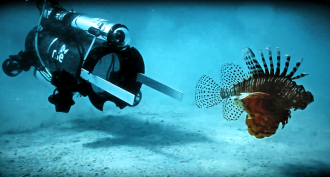 Tech
TechUnderwater robot vacuums up lionfish
Lionfish damage coral reefs in the Atlantic Ocean. A new underwater robot hunts, stuns and captures the bullies with help from a human operator.
-
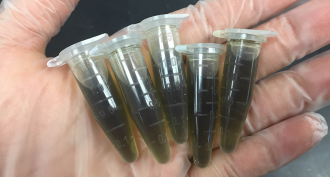 Microbes
MicrobesPlant extract mutes germs to fight infections
A plant extract prevents the aggressive behavior seen in some germs. Using it could fight the development of most bladder infections, a teen’s research suggests.
By Sid Perkins -
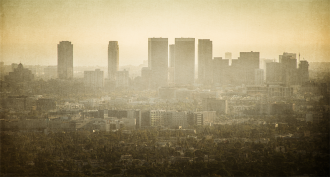 Environment
EnvironmentTiny air pollutants inflame airways and harm heart
New studies show how tiny bits of air pollution, called particulate matter, can lead to health problems ranging from chronic runny noses to heart disease.
-
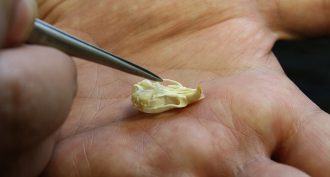 Animals
AnimalsHow the house mouse found its home
Once people started settling down 15,000 years ago, a mouse species followed them indoors. The animals didn’t need people to be farming and storing food.
-
 Life
LifeWeird mega-worm found to have odd diet
Giant shipworms have bacteria in their gills that produce food for them. This has made their digestive organs shrink from lack of use.
-
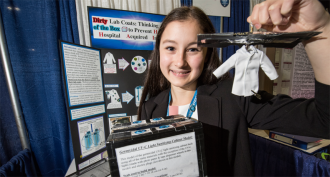 Health & Medicine
Health & MedicineA light-filled box could blast bacteria from lab coats
Doctors can pick up bacteria on their lab coats. A teen has designed a special light-filled box to keep those coats from infecting others with those germs.